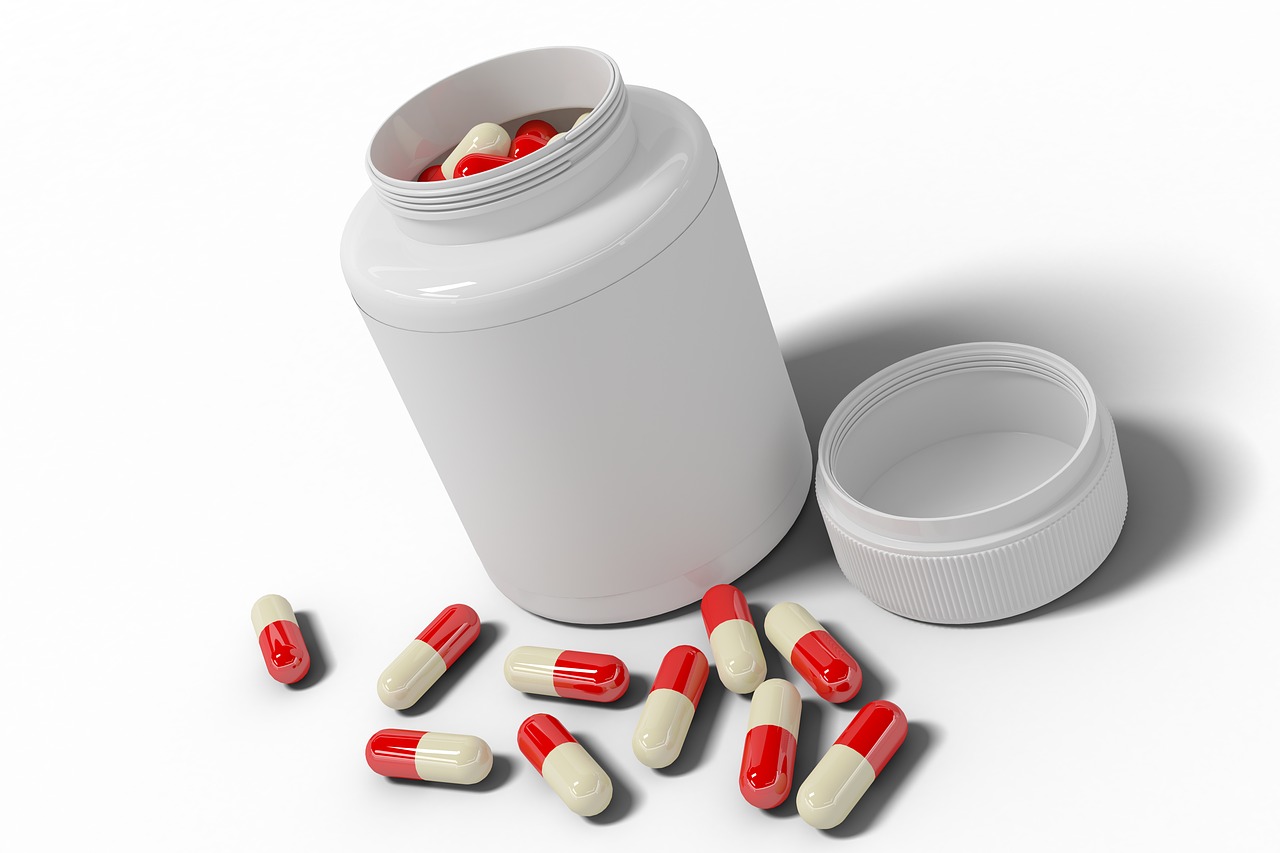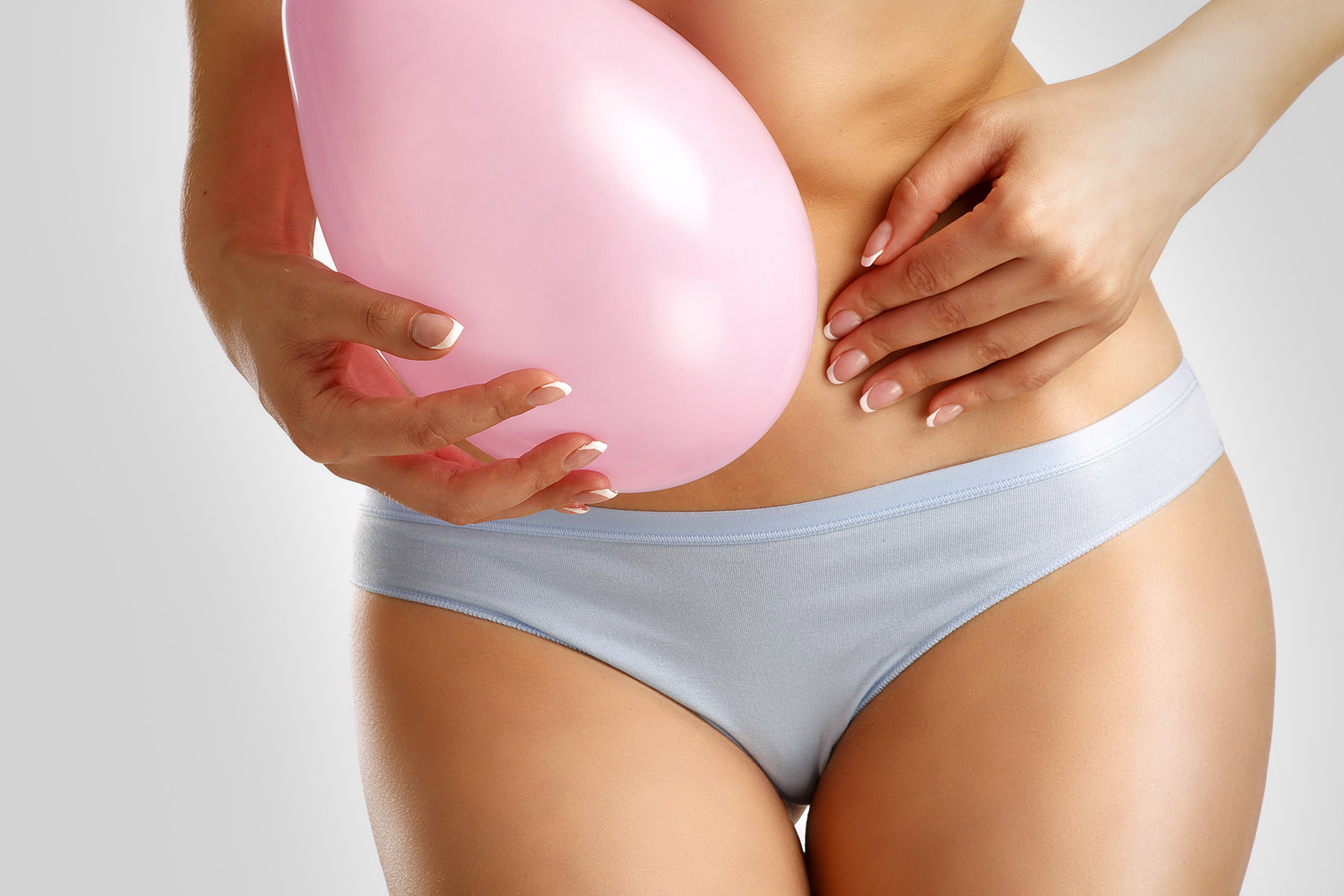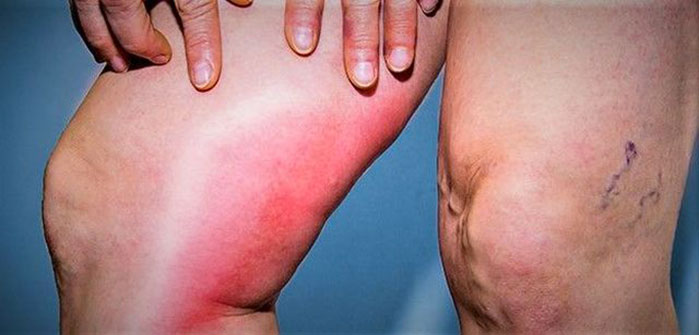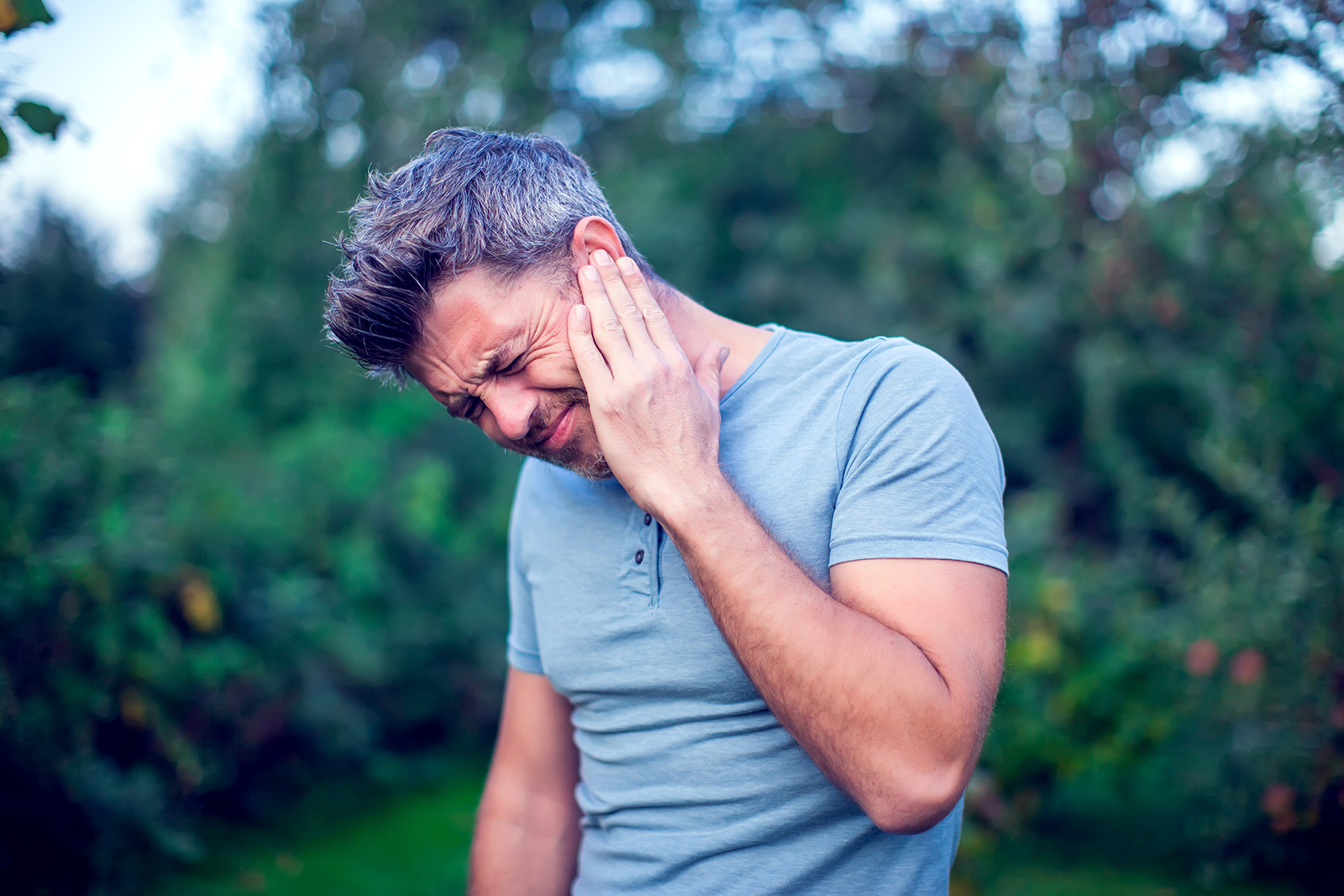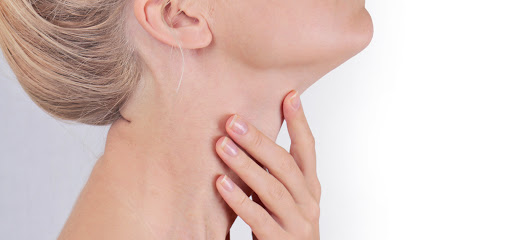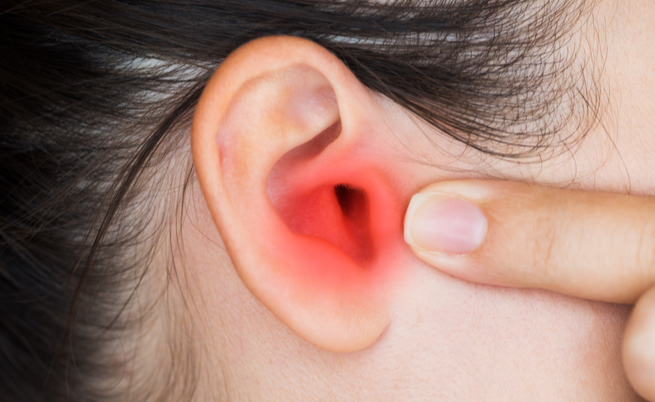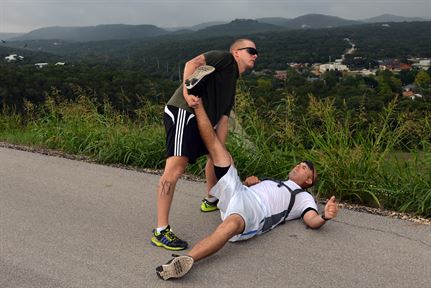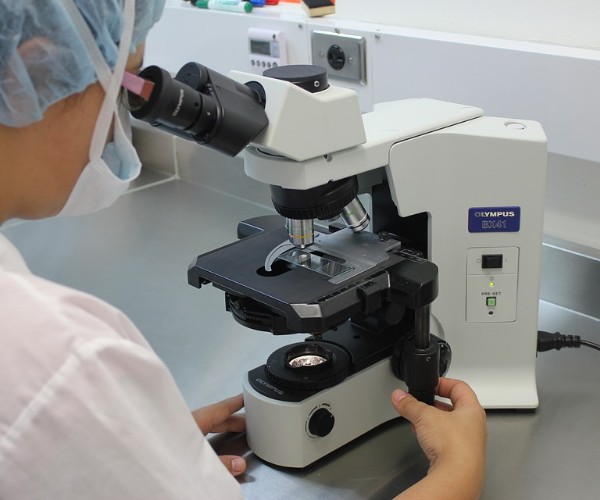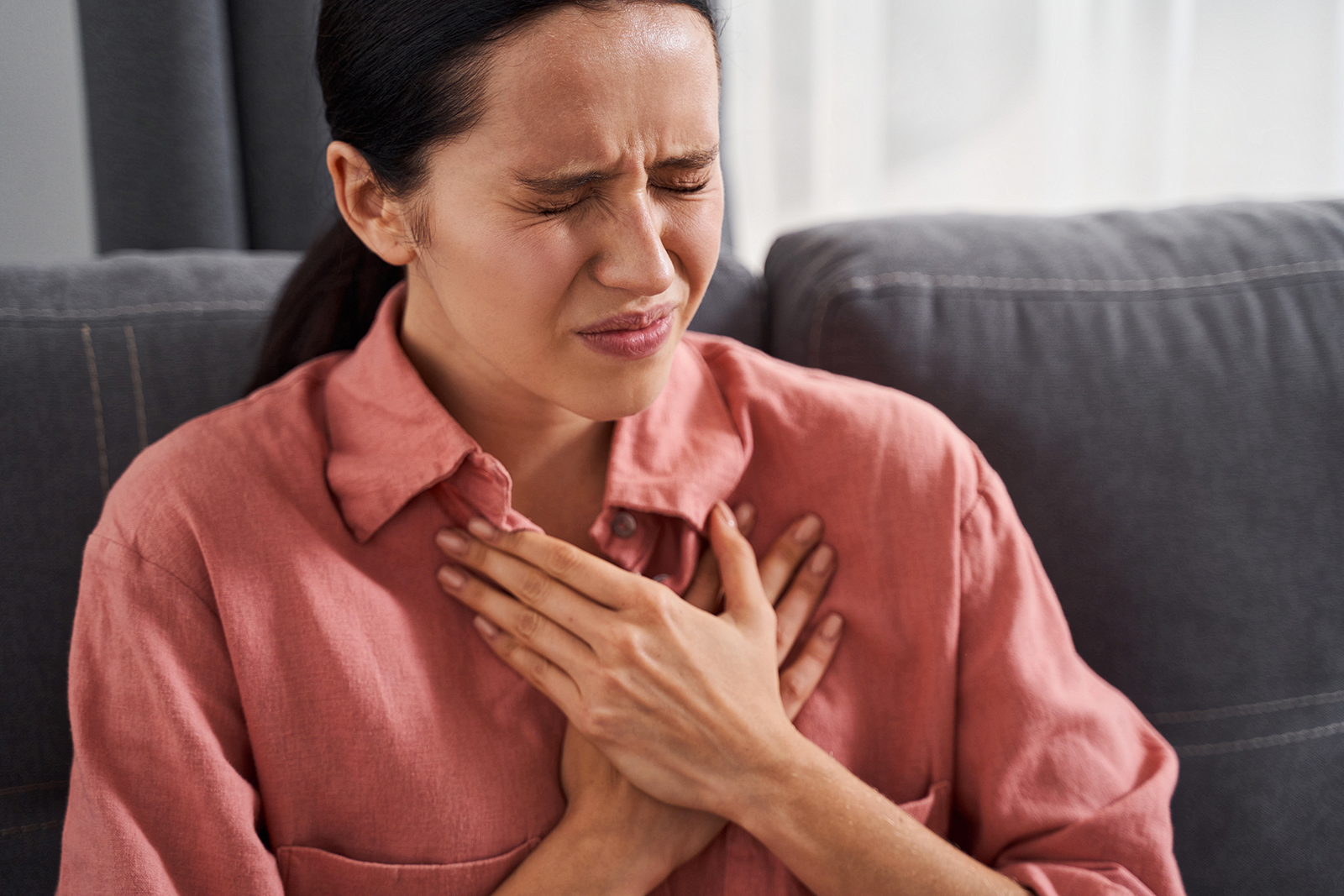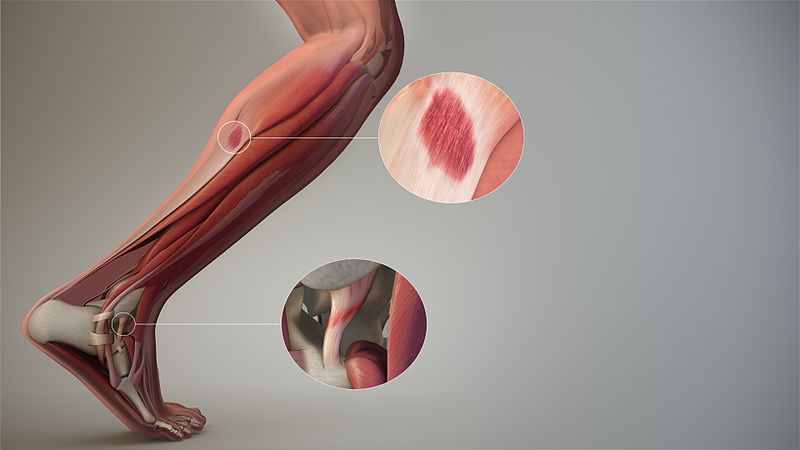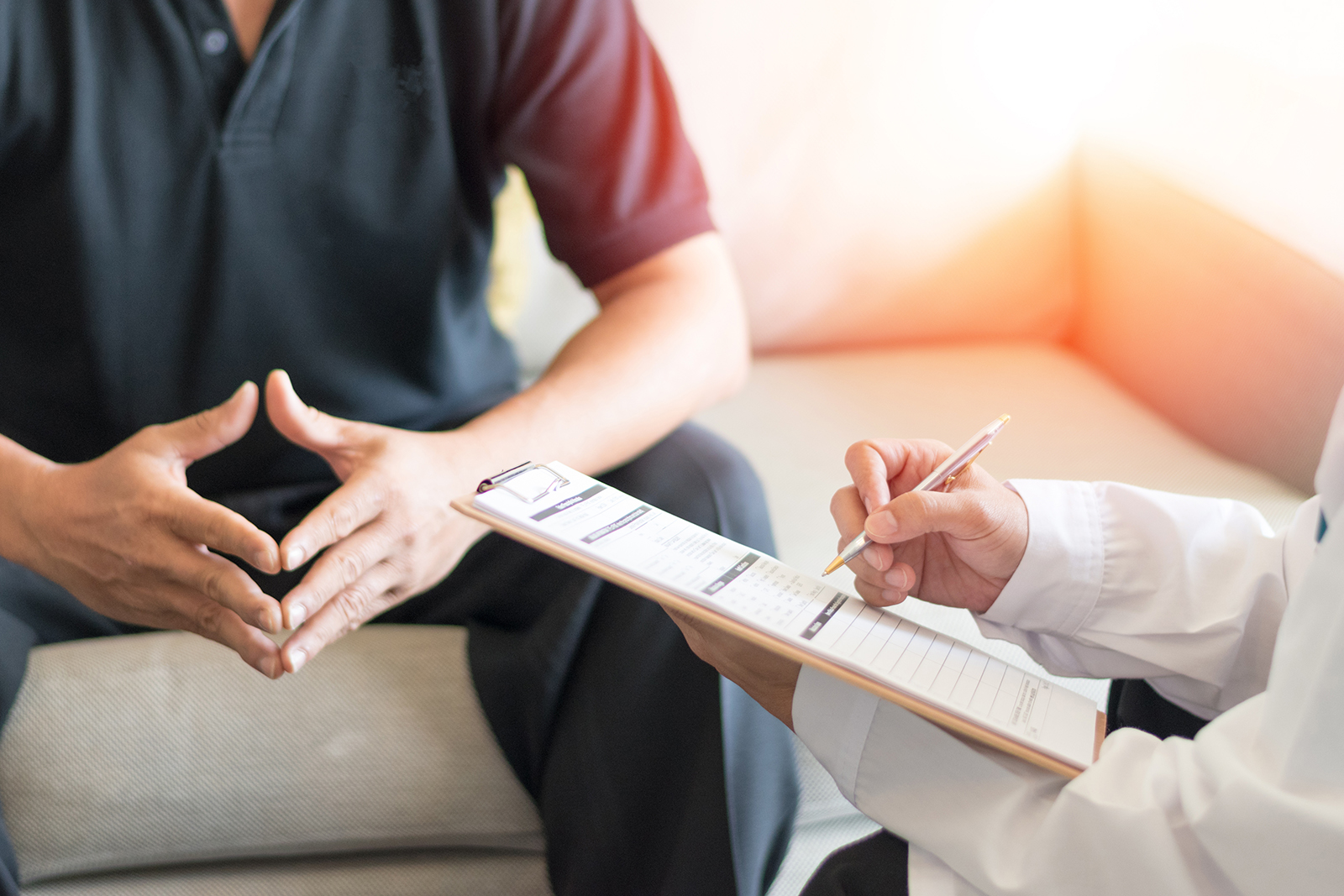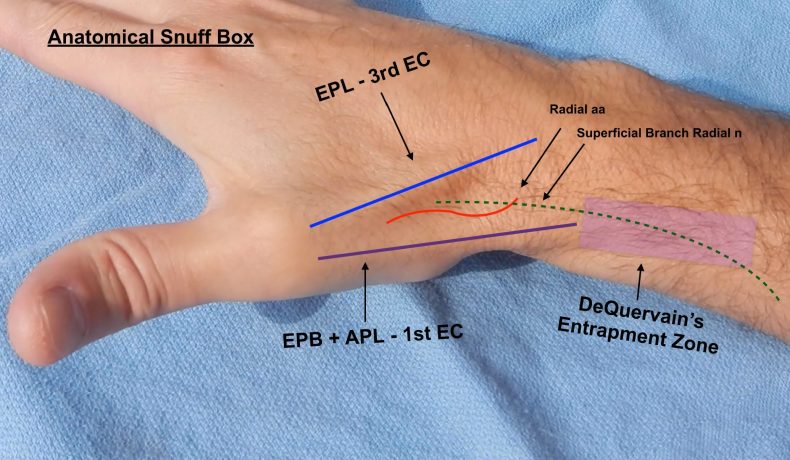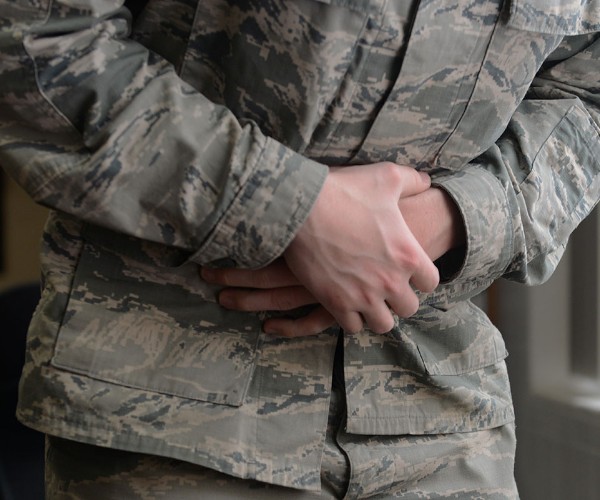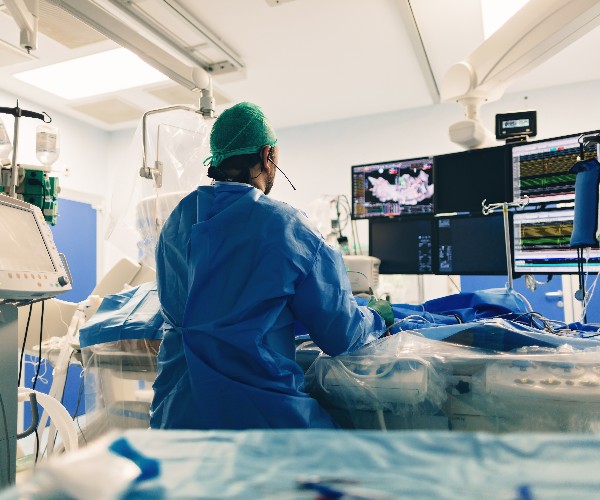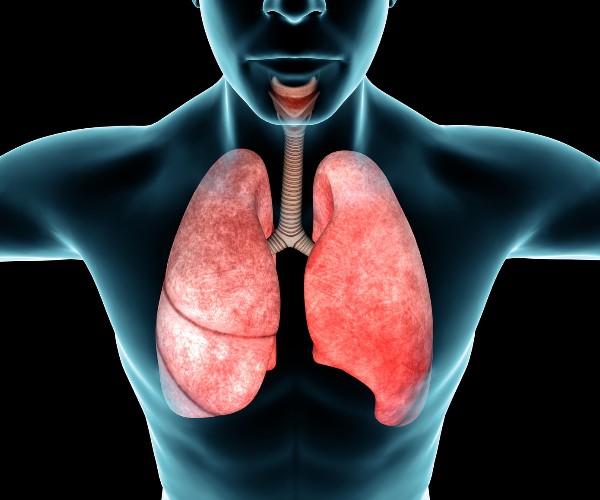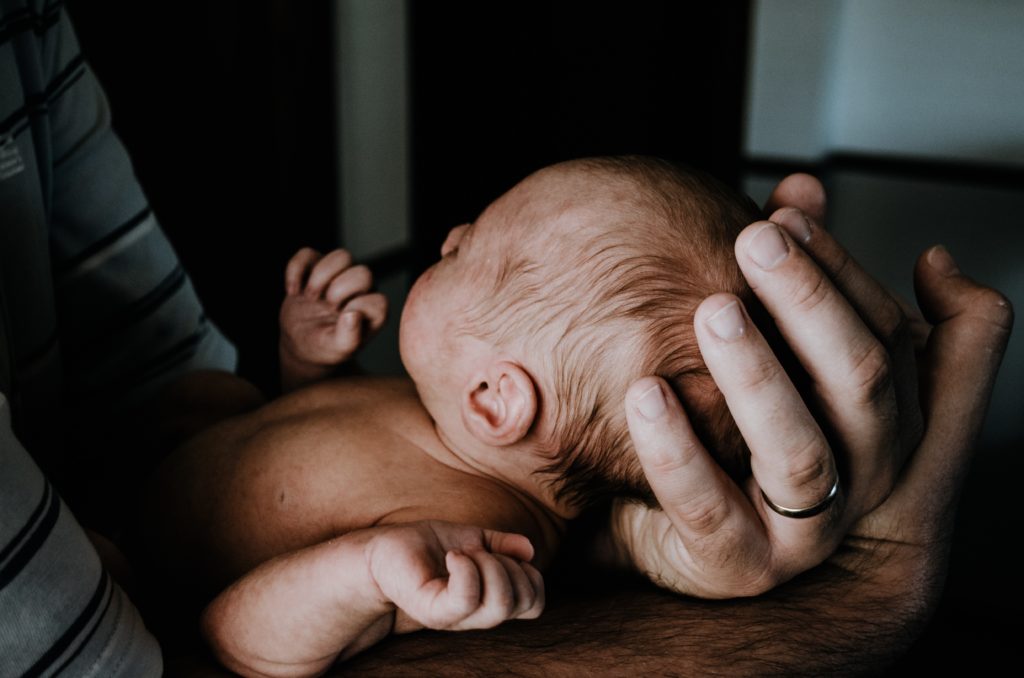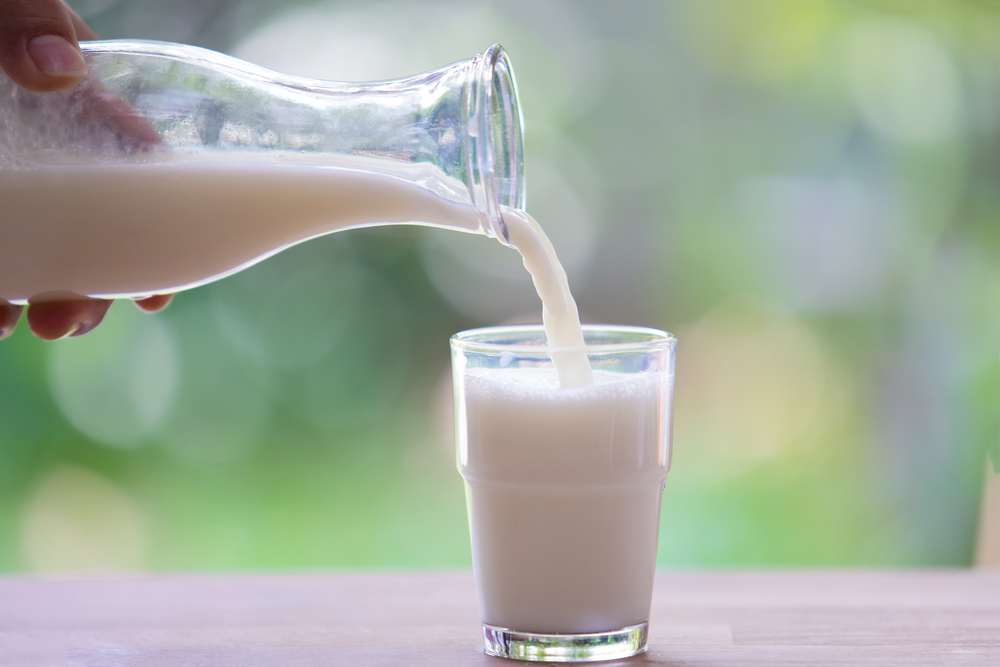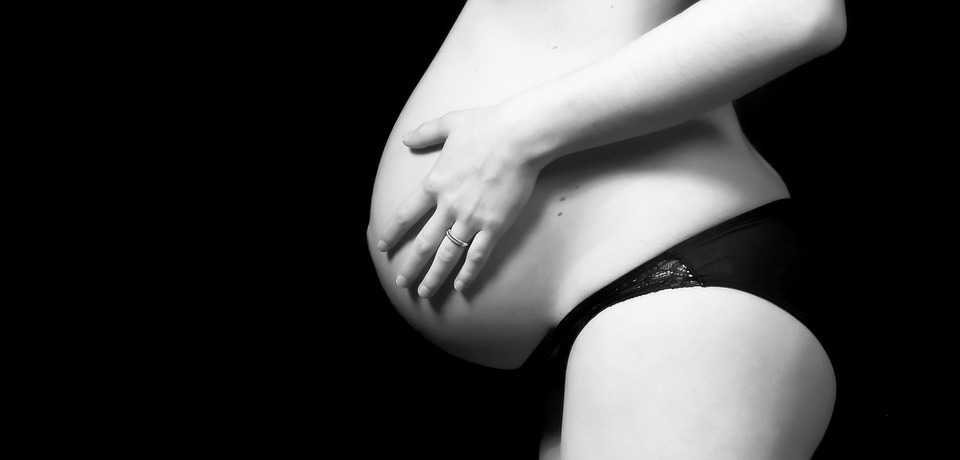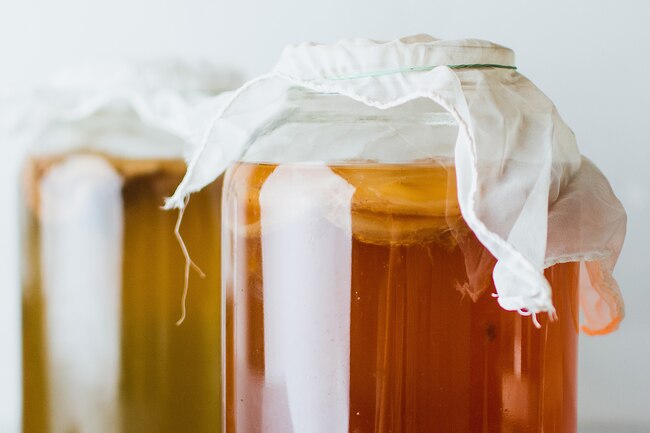A new My Special Doctor podcast
With some useful pointers for upcoming vacations.
Podcast Holiday Decalogue
(click to listen to the podcast)
- When can the infant begin to travel?
There is no minimum age, but it is best to wait until the first ten days of life.
- Where to go?
There are no places that are absolutely recommended or not recommended. The mountains offer cooler weather than the city or the sea, but it is good to avoid altitudes above 2000/2500 meters and plan to stay for a few days. At the beach, it is crucial to avoid outings in the middle hours of the day and direct exposure to sunlight. The countryside offers calm, silence, shade and a temperate climate-all valuable elements for the rest and serenity of the child and the whole family.
- Car, train or plane?
There are no prohibitions, only important directions to follow in order to travel safely.
An infant can travel by car by ensuring appropriate climatic conditions inside the passenger compartment, setting out during cooler hours without abusing the air conditioning and providing a stop every two to three hours. The train provides more space to move around, to stroll and to place the stroller or baby carrier if needed. In the airplane, during the flight, in addition to due care to avoid temperature changes, it is advisable to frequently stimulate the baby’s sucking, especially during takeoff and landing.
- Does he drink enough?
Exclusive maternal breastfeeding, or formula feeding in the absence of breastmilk, meets all the needs not only for calories but also for water, which are necessary to maintain the adequate hydro-electrolyte balance of the infant.
When the infant fails to feed regularly, it is good to know how to recognize any signs of dehydration, which should be immediately referred to the pediatrician for evaluation: poor urine output (often dry diaper), dryness of mucous membranes, dimpling of the anterior fontanelle, irritability or drowsiness, and changes in body temperature.
- Sun and heat: what protection?
An infant should never be exposed directly to sunlight, and this is the best way to prevent sunburn and erythema. Routine use of sunscreens on infants is, therefore, not recommended; occasionally and in special situations, creams with a physical filter (e.g., zinc oxide), high filtering power and not too greasy can be used on exposed areas.
The air conditioner is not contraindicated, but it is good to clean the filters, not to go below 22-23 degrees temperature, and not to direct the airflow to the child.
- How to dress it up?
Clearly it depends on the climate of the chosen vacation location. For warm, sunny climates, light-colored, natural-fiber clothing that leaves limbs uncovered and a light-colored, wide-brimmed hat to protect the little one from possible conjunctivitis from sun exposure is preferable. A cotton blanket and jacket can be useful in the evening hours, when more moisture is felt or when temperatures drop.
- What activities can be practiced?
Outdoor walks with the band, read alouds, massage, soft music, tummy time (i.e., putting the infant on his stomach, exclusively when he is awake, an exercise that strengthens muscles and stimulates motor and sensory development) and various sensory stimulations (e.g., Dad’s voice with the sound of waves or birds in the background) are valuable experiences for the infant.
Bathing in the sea or swimming pool, on the other hand, is not recommended in the first few months of life because of the unsuitable temperature, composition and possible contamination of the water.
- How to avoid insect bites?
The most correct prevention, especially in the evening hours, is using barrier methods, such as mosquito nets placed on cribs, baby carriages and possibly on windows as well. Devices that give off potentially toxic chemicals and repellent sprays to be sprayed on the skin are not recommended.
- What medications to take with you?
If problems emerge, the pediatrician/neonatologist should be consulted, who can give advice on how to treat the disorder and prescribe medication if deemed appropriate. In addition to saline solution for nasal washes, creams against skin redness and Vitamin D supplements, as recommended by the pediatrician, it is advisable to carry an antipyretic, to be administered as needed always and only after hearing the doctor’s advice. In addition, it is good to remember to estimate the timing for vaccinations, thus avoiding delaying the given dates by too much.
- One last piece of advice: Moms and dads, take the opportunity to rest!
It is crucial to remind new parents that the vacation is not just for the newborn, but for the whole family. If there are little brothers and sisters, the vacation should be designed for them as well, always involving them in the care of the newcomer and carving out times exclusively for them. Parents should also keep in mind that what their children need most during the vacations is to have a peaceful mom and dad beside them. Rest, slowing down the pace and practicing pleasant and relaxing activities are the best strategies.



